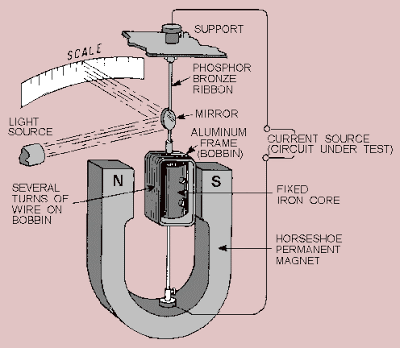The formal definition of direct observation in Physics, as per the work of Dudley Shapere:
x is directly observable if information is received or can be received by an appropriate receptor; and that information is or can be transmitted directly, i.e., without interference, to the receptor from the entity x which is the source of the information.
This leaves three things to consider if directly observable: the release of information by the x, the transmission of information, and the receptor. The assumption being that experiments are theory-laden, so that it can be determined based thereon the source of the information was from x, that the receptor was appropriate, and no interference occured. The point being that Observation usually has a perceptual and epistemic role, to establish support as evidence for beliefs. In Physics, the perceptual role can only apply to what humans can perceive by sense-data, and any other information has of necessity, to be converted into a form we can perceive. For this reason, the definition sometimes adds that the information must be convertable into human accessible information which is perceived by a human being (though tautological in a way, and Shapere argues that the observation itself is inseparable from the inference of the theory). So in practice, physics weakens the perceptual role by generalising Observation via inference and reason, to focus on an epistemic role to allow further building on the nested hypotheses and inferences upon which Science in general is built. In quotidian and Philosophic usage, the perceptual aspect of Observation takes greater precedence, often in support of the epistemic - so for instance, it makes little sense to say I have observed the centre of the sun usually, but in scientific circles, it can be said - from inference of other observations.
Circling back to my original post, I stated: "It should be remembered that Gravity is itself an hypothetical construct, inferred from acceleration or weight, but not directly observed. Another how many inferred Forces is just as possible, and people had been investigating physics empirically for centuries prior to Newton." This remains a valid statement, applying the philosophical and quotidian meaning of observation as the context demands, as inference is without a doubt essential to any 'observation', or a better word perhaps such as detection, of Gravity. In discussing the possibility of additional forces inferred, such forces would have to be be applied into experimentation to be 'observed'. The whole point of this thread was to challenge the epistemic framework of current physics and its four forces.
But to return to the definition. The pragmatic usage is to use the strongest form of language until doubt arises as to the validity thereof. The application of whether something is directly observed, depends upon the theory-ladeness of it. So to Galileo observing the moons of Jupiter, using a telescope, his contemporaries rightly critisised it as not directly observed, but once we established it better, we no longer have qualms in calling it thus. The more inferences required though, the less secure an observation epistemically. Whether something is directly observed or not, depends upon how much leeway you grant to the gulf of inferences and interactions between actual perception by human sense organs and the initial x. The epistemic ground we grant in physics, determines largely whether we term it direct or not. Earlier in this thread, I took a fairly hard approach to this, which I must concede, was likely coloured significantly by my philosophic point. On Cavendish's experiment, it seems clear to me that Archimedes could not directly observe Gravity as per definition, but Cavendish being post-Newton could. Whether Cavendish's experiment is a direct observation in Physics, I concede it could be so construed if Gravity is merely defined as a mathematical description therein, as
@Radagast did, and granting the inference of balanced forces. If defined more as curvature of space/time as per Relativity theory, then it certainly doesn't; and any observation of this, runs into the limit of its failure to adhere to quantum mechanics. So the epistemic footing to exclude interference in the transmission between x and the receptor, or even the interactions of x and the receptor itself, is lacking.
I hope that clears the air a bit, and I apologise for my intransigence. I think that concludes this tangential discussion.


